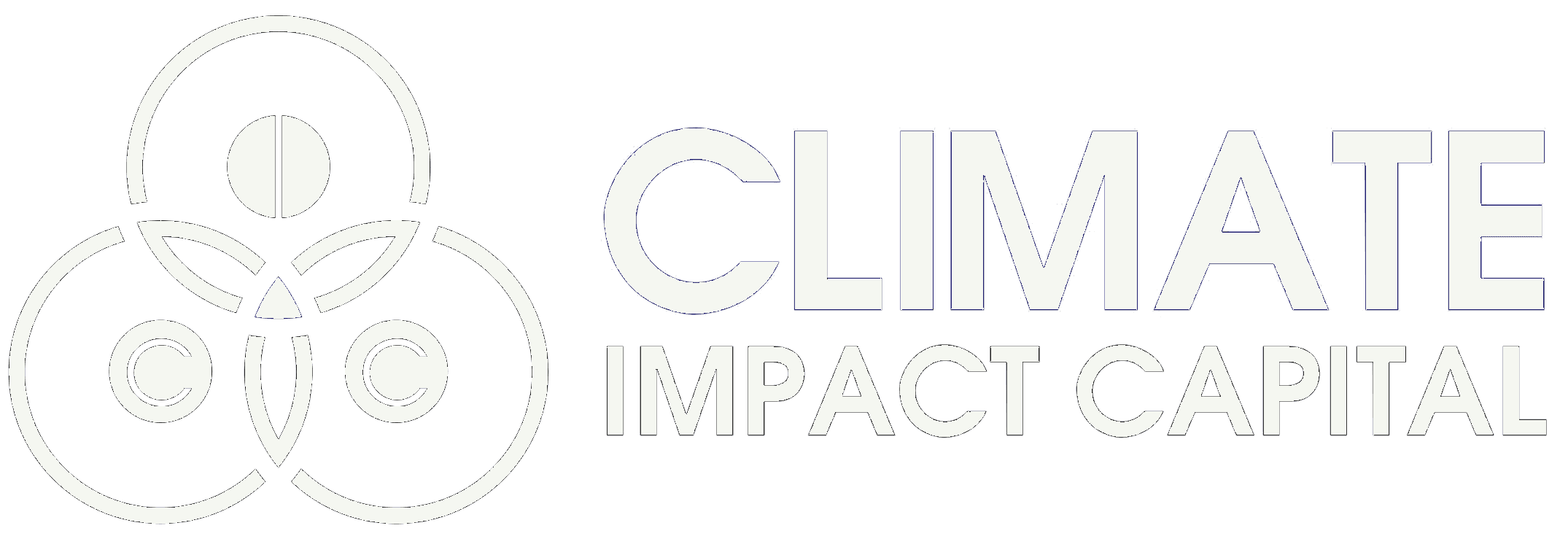Iberdrola saw rising profits in the first quarter and expects that upward trend to continue throughout 2020, as the Spanish utility group and global renewables giant plans to invest its way out of the coronavirus crisis.
Earlier this month Iberdrola set out a recession-busting plan to hire 5,000 more staff and invest €10 billion ($10.7 billion) in 2020. The company currently has 8.5 gigawatts of largely renewable generation under construction and due to come online in the next two years, adding to its existing portfolio of more than 30 gigawatts of renewables.
Iberdrola is calling its plan “Renewables vs. Coronavirus,” and the company expressed confidence that a similar approach would serve Europe’s other economies well.
The impact of adding megawatts to its portfolio was clear in the January to March period: Renewables accounted for 26 percent of the firm’s earnings before interest, taxes, depreciation and amortization (EBITDA) during Q1, as Iberdrola quadrupled the number of megawatts commissioned compared to the same period last year. Profits were up 5.3 percent to €968 million.
Iberdrola splits its operations into networks, supply & generation, and renewables. While the networks business had the largest share of earnings this quarter (46 percent), it was down compared to the same period last year. The other two segments are both experiencing growth and renewables’ pipeline of extra megawatts will go some way to maintaining that.
Renewables grow revenue share
Iberdrola’s recent sale of its minority stake in wind turbine maker Siemens Gamesa helped offset lower power demand in March due to the coronavirus, but it was not the only contributing factor to the strong results and bullish forecast for the year. The sale contributed €289 million of profit.
Iberdrola revealed that the final turbine is now in place at the 714-megawatt East Anglia One offshore wind farm in the U.K., adding a sizable chunk to its portfolio. Its growing solar fleet will also increase its contribution as summer begins and more megawatts are commissioned.
While the U.K. and Spain accounted for 60 percent of Iberdrola’s earnings from renewable energy in the first quarter, but the company is a major player in the U.S. (where it owns a controlling stake in utility Avangrid), Brazil and Mexico.
(Credit: Iberdrola)
During a conference call to discuss the quarterly results, Ignacio Galán, the firm’s CEO and chairman, said Iberdrola expected annual growth for 2020 to fall in line with the Q1 number.
Galán also committed to continue the shareholder dividend at a time when many developers and utilities are putting financial guidance for the year on hold.
As Galán sees it, the company’s strategy is the same as the one leaders across Europe are calling for at a national level.
“All the input we are receiving now is that the acceleration of green investment will be absolutely needed,” Galán said.
“Everybody is relying on the green economy and that gives us an opportunity; we are accelerating our investment instead of delaying,” he said, pointing to the European Commission and the U.K., German and Spanish governments.
“The common word is green, green, green and a transformation of the economy; a more sustainable more reliable [economy]. The Green Deal is a must in Europe.”
Calls grow for “green and resilient” coronavirus recovery
With the right investment, Galán said Europe could become an industrial center for wind, solar and energy storage, while becoming increasingly energy-independent.
Many governments appear aligned on the opportunity to use clean energy to fuel economic growth after the COVID-19 crisis. Ministers from 35 countries took part in the Petersberg Climate Dialogue this week, an annual warmup for the U.N. climate negotiations, which are postponed this year. U.K. Secretary of State for Business and Energy Alok Sharma will preside over the negotiations when they take place next year.
“The world must work together, as it has to deal with the coronavirus pandemic [and] to support a green and resilient recovery [that] leaves no one behind,” Sharma said at the start of the conference.
Germany’s Chancellor Angela Merkel told attendees by video link that coronavirus demonstrated the need for international cooperation and warned against misinterpreting the impacts of the lockdown.
“Emissions are down right now, but we shouldn’t be deluding ourselves. Emissions are down because of the shutdown of our economies and public lives,” Merkel said, urging nations not to forgo climate action in order to save money.


